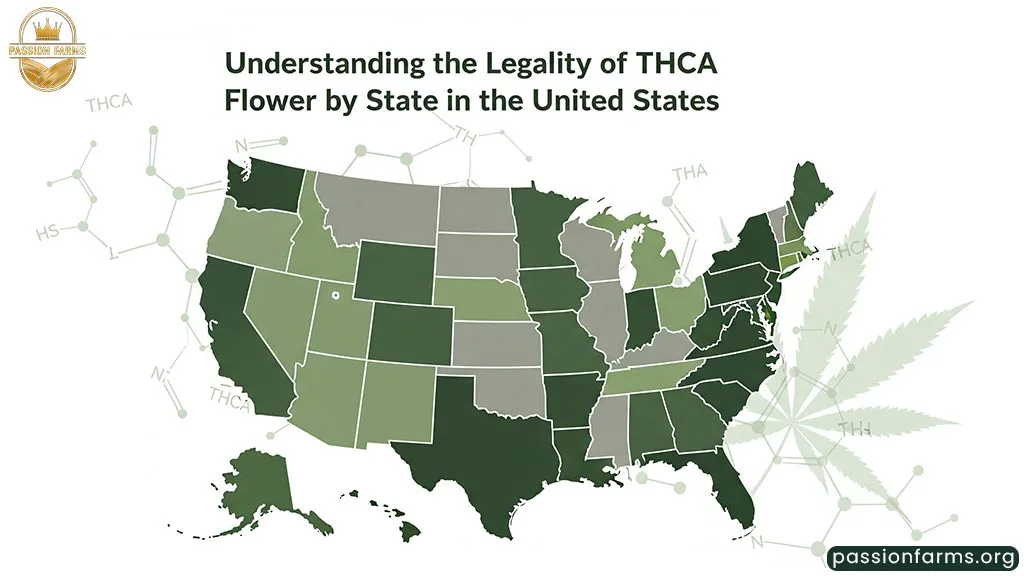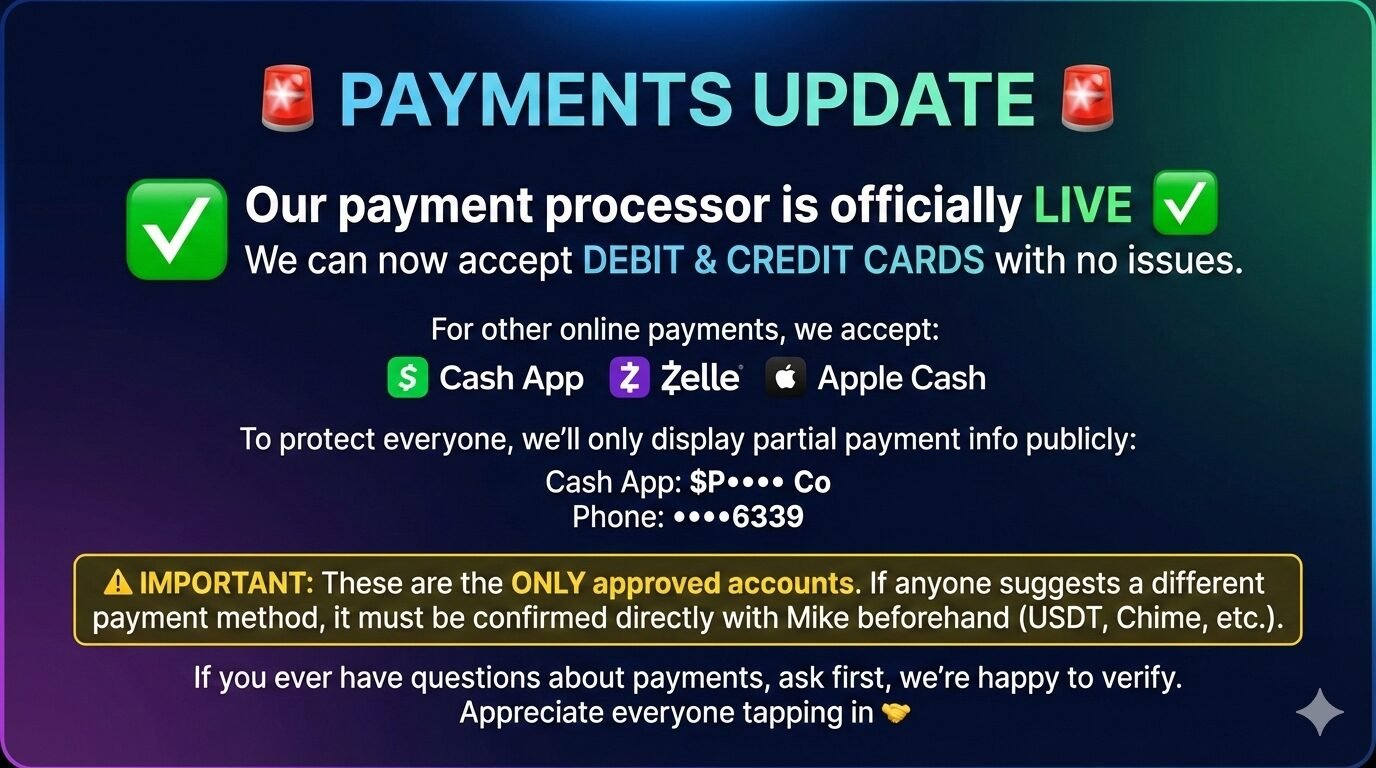Hemp flower high in tetrahydrocannabinolic acid has generated a lot of interest in the cannabis marketplace, but the legality of it remains ambiguous in the United States. This guide will provide a transparent overview of the current regulations and legality, including the THCa Legality Guide, the patchwork of state laws, hemp-derived cannabinoids regulations, or compliance regulations for businesses and consumers.
Why Is Legality Confusing
Tetrahydrocannabinolic acid (commonly referred to as THCA) is a non-intoxicating compound that occurs naturally in raw cannabis and hemp. When heat is applied to THCA, it converts to delta-9 THC – the psychoactive compound associated with marijuana. This chemical reaction makes the legality of THCA gray in many jurisdictions.
Under the Federal Rules: The 2018 Farm Bill legalized hemp and its derivatives with the condition that they contain less than 0.3% delta-9 THC (on a dry weight basis). This also applies to hemp strains containing that compound prior to conversion.
State by State Differences: Though federal law permits hemp-derived THCA legality subject to limits, in some states there are tighter restrictions or outright bans.
Legality of Hemp-Derived Products with THCA
When determining legality, the important distinction is delta-9 THC not the amount of THCA unless it is heated. If the product meets federal levels, hemp-derived products are legal at the national level. Several jurisdictions, due to the potential for conversion, may treat these products like marijuana.
Within Federal Tolerance: Any hemp-derived product that tests below the 0.3% delta-9 threshold generally will be determined to be legal to distribute in many areas.
State Restrictions: Some states limit or prohibit the sale of products with this cannabinoid-rich flower regardless of what is allowed federally.
Legal Status by State in the US
The legal situation changes significantly with location:
States Where Hemp Flower with THCA Is Generally Legal (Upon Compliance with THC Limits):
Arizona, Arkansas, Colorado, Connecticut, Delaware, Florida, Illinois, Indiana, Iowa, Kentucky, Maine, Maryland, Massachusetts, Michigan, Missouri, Montana, Nebraska, Nevada, New Hampshire, New Jersey, New Mexico, New York, North Carolina, North Dakota, Ohio, Oregon, Pennsylvania, South Carolina, South Dakota, Tennessee, Texas, Virginia, Washington, West Virginia, Wisconsin, Wyoming.
States with More Strict Regulations or Prohibitions:
- California prohibits all hemp products containing detectable THC.
- Georgia, Idaho, Louisiana, Minnesota, Mississippi, Rhode Island, and a few others make this hemp compound classified as a controlled substance or make considerable restrictions.
- Always check the current state laws before selling, buying, or consuming such products, as the laws can change rapidly.
Compliance and Floral regulations
If you want to operate legally and safely in the legal landscape:
- Organize a third-party lab test to validate that the THC concentration is within THCA compliance parameters.
- Diligently monitor local laws, as cannabis and hemp laws change frequently.
- Understand that because this compound converts to THC, local officials may quickly change the laws with little notice.
Quick Legality Review:
- Legally Fed – Legal Hemp-Derived Cannabinoid products with under .3% delta-9 THC are legal federally.
- State Differences – Some states/ municipalities allow and regulate, some prohibit, and some qualified products that are cannabinoid-rich.
- Continued monitoring – All businesses will have to combine product testing with legal updates for continuous compliance.
- Other federally legal Cannabinoids – In addition to this compound, both CBD and delta-8 are legal federally when derived from hemp.
Key Cross Inquiries
Federal Legal Standing: Hemp flower that meets THC limits is federally legal unless restricted by state laws.
Compliance Standards: Certificates of Analysis should demonstrate that content is under legal limits.
Other Cannabinoids: CBD and delta-8 THC each have state by state regulations.
Increasing Consumer Growth and Pressure for Greater Clarity on Regulations
With the marked rise in consumer demand for alternative cannabinoids and THCA flower regulations derived wellness products, it is no doubt that the legal state of the landscape will have additional scrutiny in the next few years. Lawmakers, cause organizations, industry associations and regulatory agencies are debating whether we need a consistent framework for cannabinoids such as THCA to avoid confusion among consumers and businesses.
For many operators, differing state laws complicate product handling, distribution, marketing and retail compliance, especially when building a presence in multiple states.
This is why education, transparency in products, and protocols in lab testing work hand-in-hand for compliance. Consumers have a responsibility to educate themselves on their local laws prior to purchasing as part of the compliance process to avoid legal issues. On the whole, the industry sees alignment between state and federal standards happening gradually. Until that time, navigating laws and making informed decisions should remain the best avenue for contributing choice in the rapidly evolving market of the hemp industry.
Final note
It is critical to keep in mind that laws regarding hemp and cannabinoids vary from state to state, and you want to be sure that you are compliant. By focusing on testing and legal changes you can navigate through the market risk-free. Regardless of whether you’re a cultivator, retailer, or consumer.
If you are looking for a responsible and legally compliant supplier of hemp flowers along with educated support on legal compliance, check out PassionFarms. Our team is available to help you from the beginning of your sourcing journey and to give you the ability to stay ahead of hemp and cannabinoids regulations in the United States.




